There are plenty of financial advantages to owning a home. However, it’s also necessary to talk about the expenses. In this article, we’ll cover the obvious monthly expense categories as well as ones you might not have thought of yet. After reading this, you’ll be able to better budget and nail down your home ownership expense categories.
PITI: Your Monthly Mortgage Payment
Starting with the most obvious, these are all items that are wrapped up in your monthly payment. Most real estate professionals refer to this as your PITI: Principal, Interest, Taxes, and Insurance. It reflects the true amount of that monthly payment.
Principal – Your principal payment is the amount that goes against the overall amount of the mortgage loan.
Interest – This is the amount the bank charges for mortgage. The amount depends on how much is left on the principal and the interest rate you have.
Taxes – This is calculated from the “tax-assessed value” of your home (not necessarily how much you paid for it). If you don’t know the tax-assessed value, you can find over at Durham’s Tax Administration website.
As of writing this, the Durham rate is $1.2436 per $100 dollars of tax-assessed value, and the NC property tax rate is 0.86%.
Home Insurance – The insurance amount depends on your carrier, and amount of coverage you have. It typically gets rolled into your monthly payment as well.
Mortgage Insurance (PMI) – If the remaining principal of your mortgage is greater than 80% of the appraised value of your home, you’ll probably have to calculate this in. Speak with a mortgage broker to know if you’ll need this, and how much it will cost.
Many real estate search sites have a mortgage calculator. Make sure it’s showing you all these expenses to get a better idea of your monthly payment.
HOA Dues
There are pros and cons to having an HOA-governed neighborhood. If you live in one, you’ll have to pay HOA Dues. Even if yours is due annually, I recommend setting aside a monthly amount so your expense category is ready when it’s time to send the check.
Pest Control
($30 – $75, $100 for WDIR)
We live in North Carolina, pests of all shapes and sizes are a part of life. There are plenty of monthly services that will come and make sure your home is pest-free. Subscriptions that treat your home more often will cost more.
Aside from regular treatment, I recommend a Wood Destroying Insect Report (basically, a termite inspection) every few years. Termites, and other wood-destroying insects, can quickly cause havoc in your walls, studs, and sub-floor. A clean bill of health will give you peace of mind, and is a great document to have when selling your home.
Home Warranty
($400 – $800, annually)
Home warranties are a personal decision and can help with big-ticket items like AC units and water heaters. Some of my clients love the peace of mind warranties bring. Others prefer to save the money they would pay towards a warranty and handle things on their own. Both options work well, it simply depends on what you prefer.
If you currently have a home warranty, ask your warranty provider if it transfers to a new owner. It typically costs a little extra, but can be a huge draw for potential buyers when you’re ready to move.
Security System
($30 – $60, monthly, if monitored)
We’ve touched on the benefits of burglar deterrents, and an alarm system is one of the best. Many brands will monitor the system and call local police or fire if there’s an emergency. That monitoring comes with a subscription, so make sure to factor that expense into your monthly expenses.
Everyday Maintenance
($100 – $200 per month)
This expense category is for all the little details that come with home ownership, and is completely up to you. I always recommend to my clients to set aside at least $100 each month for the little things, more if you’re able.
Gas for the lawnmower, spackling and paint for the walls, and mulch for the flower bed all add up quickly. If you don’t use your whole budget, roll it over to the next month! This is an important category so you don’t surprise yourself (and your budget) when you need supplies.
Utilities
($150 – $400 per month)
Everyone is familiar with utility bills, and since it’s part of home ownership, I need to mention it. Here are the major players, followed by a quick tip when buying or selling.
Electricity – Depending on where you live in the Triangle, your provider is either Duke Energy or Duke Energy Progress. Check out their service locator to find out which area you’re in.
Water / Sewer / Garbage – For Durham, this is rolled into one bill, which is the case for most municipalities. You can add a yard waste bin for $7/month, or use yard waste bags from your local home improvement store.
Natural Gas – Natural gas is typically used to heat water, heat your home, and fuel a gas fireplace and range (if you have a gas range, I’m jealous!). Dominion Energy serves our area of NC.
Internet – This ranges depending on the speed you want. Either cable or fiber internet will cost between $50 and $100 per month.
Each of the above depends on square footage and usage, making it difficult to pin down exactly how much to budget here. However, here are two quick tips for buying and selling.
If you’re thinking of selling soon, quickly calculate the average for each utility bill over a year. Buyers love seeing the information, it adds a layer of trust to the transaction, and helps them budget. If you’re purchasing a property, ask for this!
Don’t Be Caught Off Guard
Each of these expense categories will help narrow down the true cost of owning a home. Yes, there are more expenses that come along with ownership rather than renting. However, if you use the above expense categories and budget yourself properly, you can take advantage of the benefits without surprising yourself or your bank account.
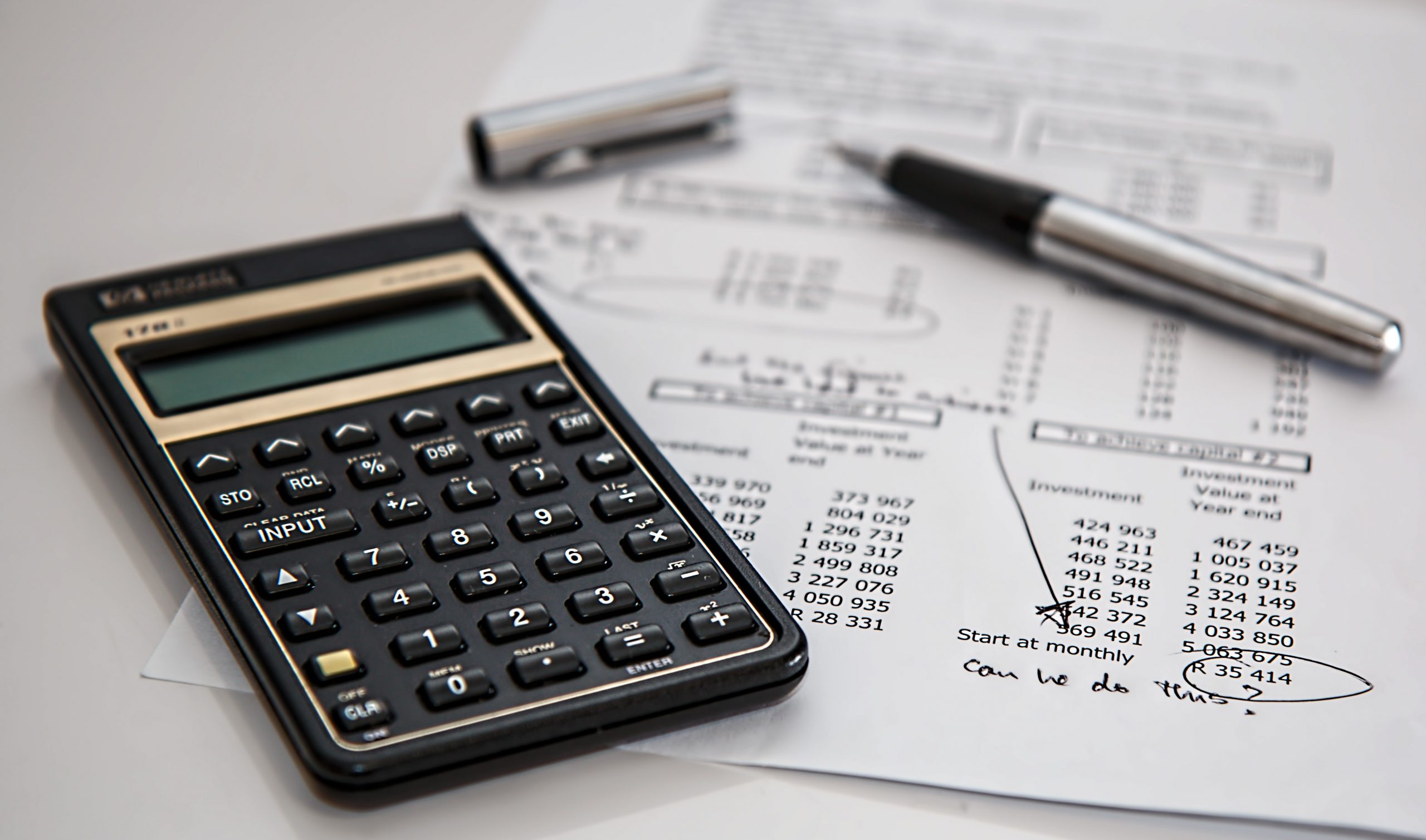

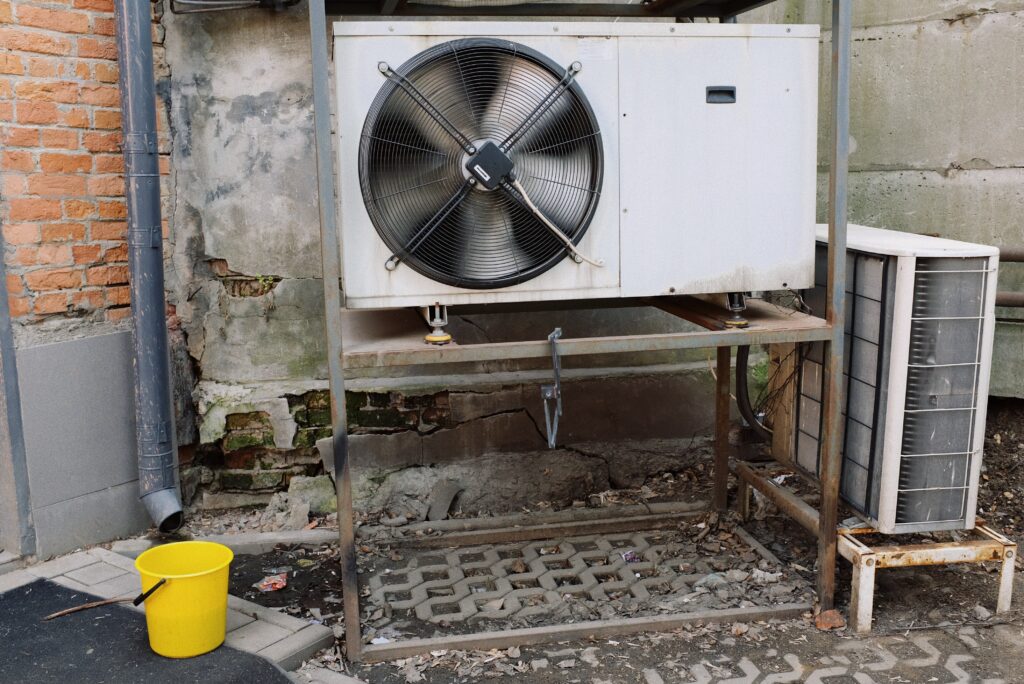
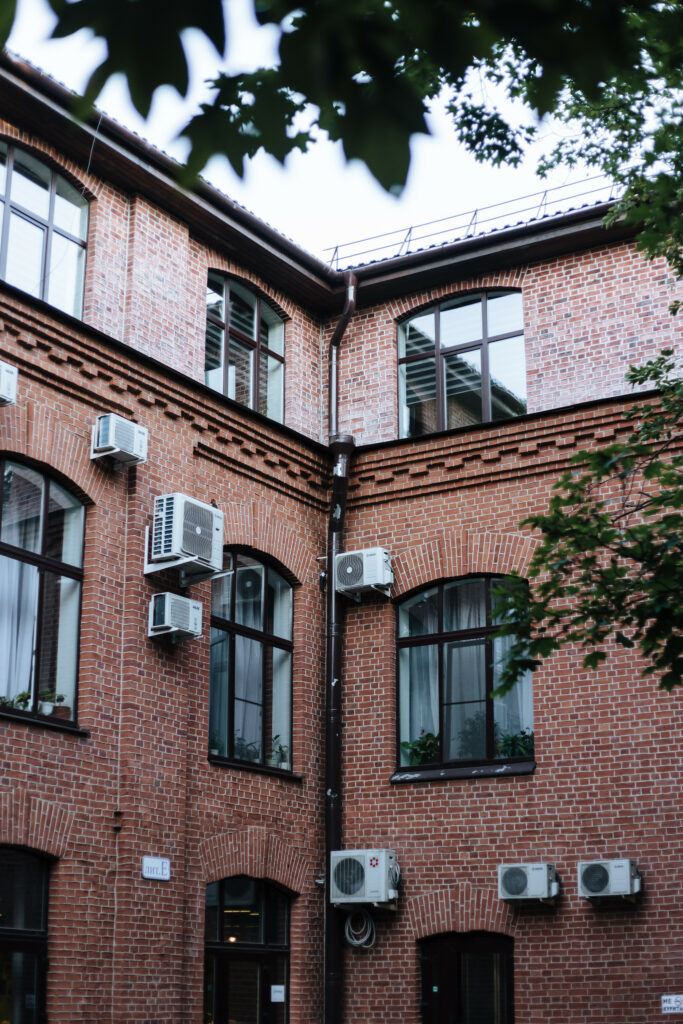
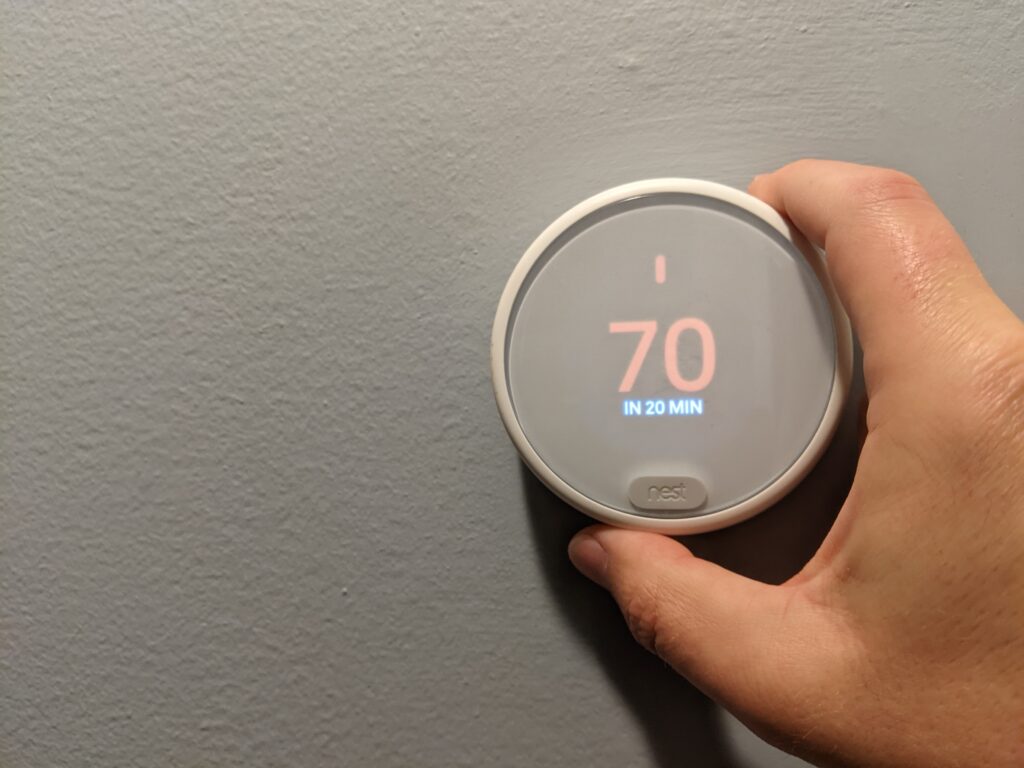

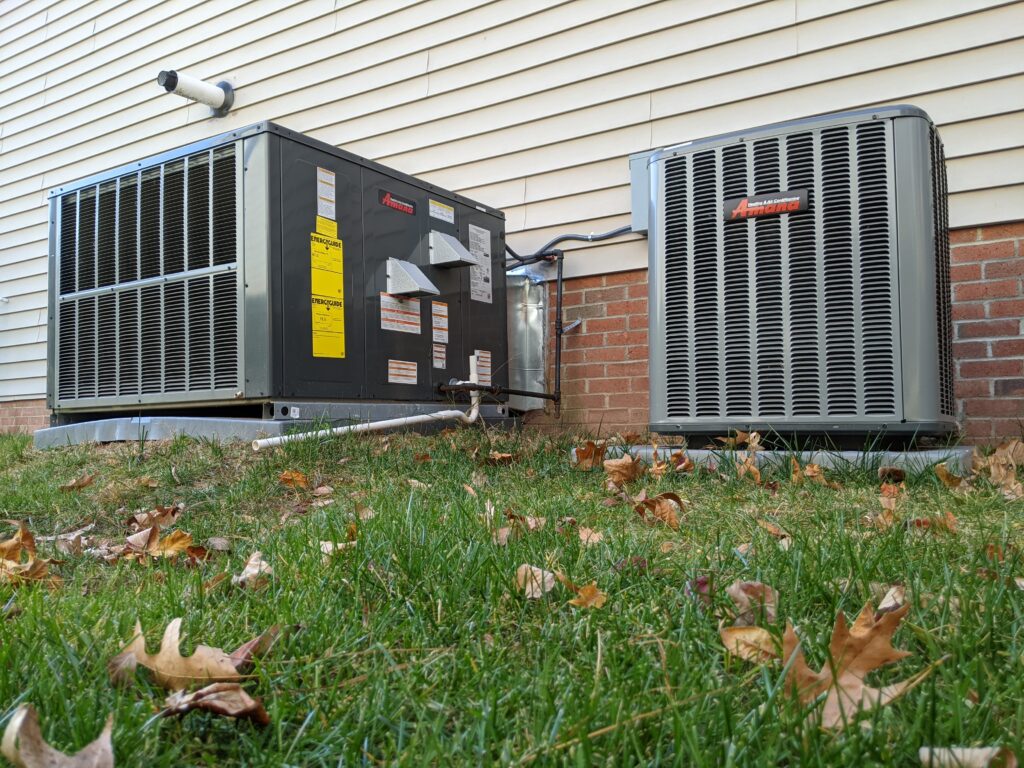
Leave a Reply